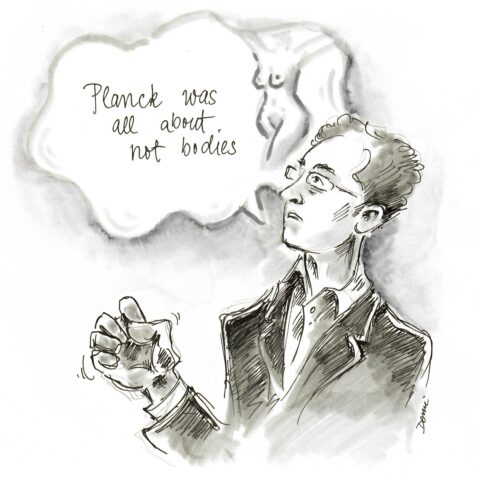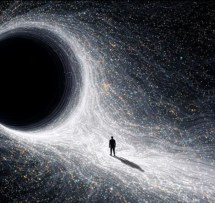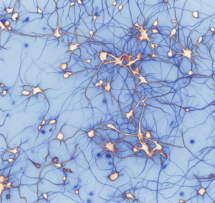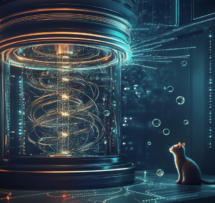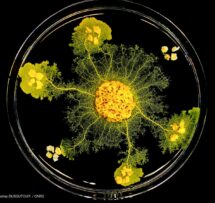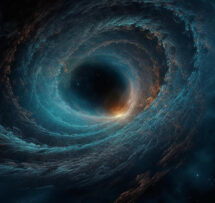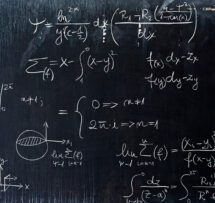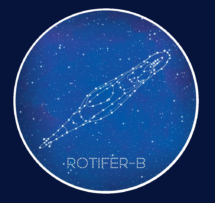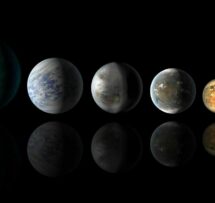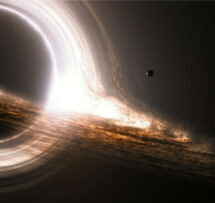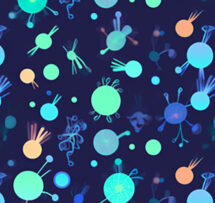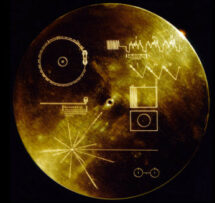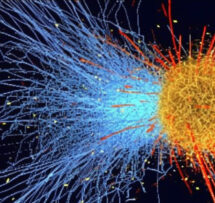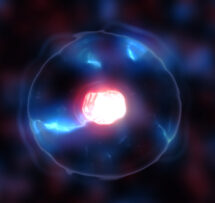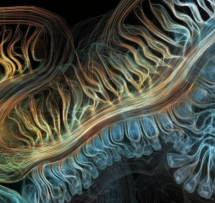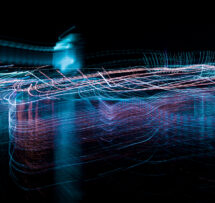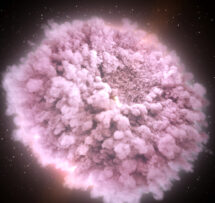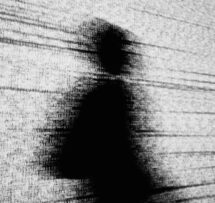Certified Quantum Randomness

Randomness is a phenomenon which we are confronted with all the time. Will it rain today? Will the train be on time? What present will I receive at Christmas? But are such phenomena truly random?
Good randomness is essential for many applications. For instance, cryptography, the art of hiding information from malicious parties, is only as good as the sources of randomness that underlie it.
Quantum mechanics, the theory of microscopic phenomena, can only predict the probability of events. For instance quantum theory can only predict the probability that a radioactive nucleus will decay, not when the nucleus will decay. Does this mean that microscopic phenomena are truly random?
By studying systems of two entangled particles, it can be shown both theoretically and experimentally that events at the microscopic scale are truly random, truly unpredictable. Beyond its philosophical implications, this result also has important potential applications. Indeed, it implies that one can build random number generators that certify that they work correctly. That is, if the random number generator malfunctions in some way, if the numbers it produces cease to be random, this will automatically be detected. By extending this idea, one could also build quantum cryptographic systems and quantum computers that certify that they work correctly.
Talk by
Serge Massar
Professor at the Université libre de Bruxelles (ULB) where he directs the Laboratoire d'Information Quantique (LIQ). His current areas of interest encompass quantum information theory, as well as aspects of experimental nonlinear optics, quantum optics, and optical neural networks. He is recipient of the Alcatell-Bell prize of the FNRS and the La Recherche prize for his work on certified quantum random number generation, and was awarded the best paper award at the highly competitive Symposium on Theory of Computing (STOC) in 2012 for his work on the Travelling Salesman Problem.

Music by
Lou K
It is an acid vision, a roaring guitar, and stories of monsters in the night. Lou K's songs explore what's underneath, the fears, the shadows and different kinds of violence, with a soft touch and deep roaring. With a lighted interpretation on stage, paradox become their signature.
Composed of Lucie Lefauconnier (guitar and vocals), Alice Vande Voorde (bass), Leslie Gutierrez (drums), and Thècle Joussaud (cello), Lou K gives an aerial and melancolic version of french rock garage.


Serge Massar
Certified Quantum Randomness
Randomness is a phenomenon which we are confronted with all the time.
Quantum mechanics, the theory of microscopic phenomena, can only predict the
probability of events. Does this mean that microscopic phenomena are truly random? By
studying systems of two entangled particles, it can be shown both theoretically and experimentally that events at the microscopic scale are truly random, truly unpredictable.
